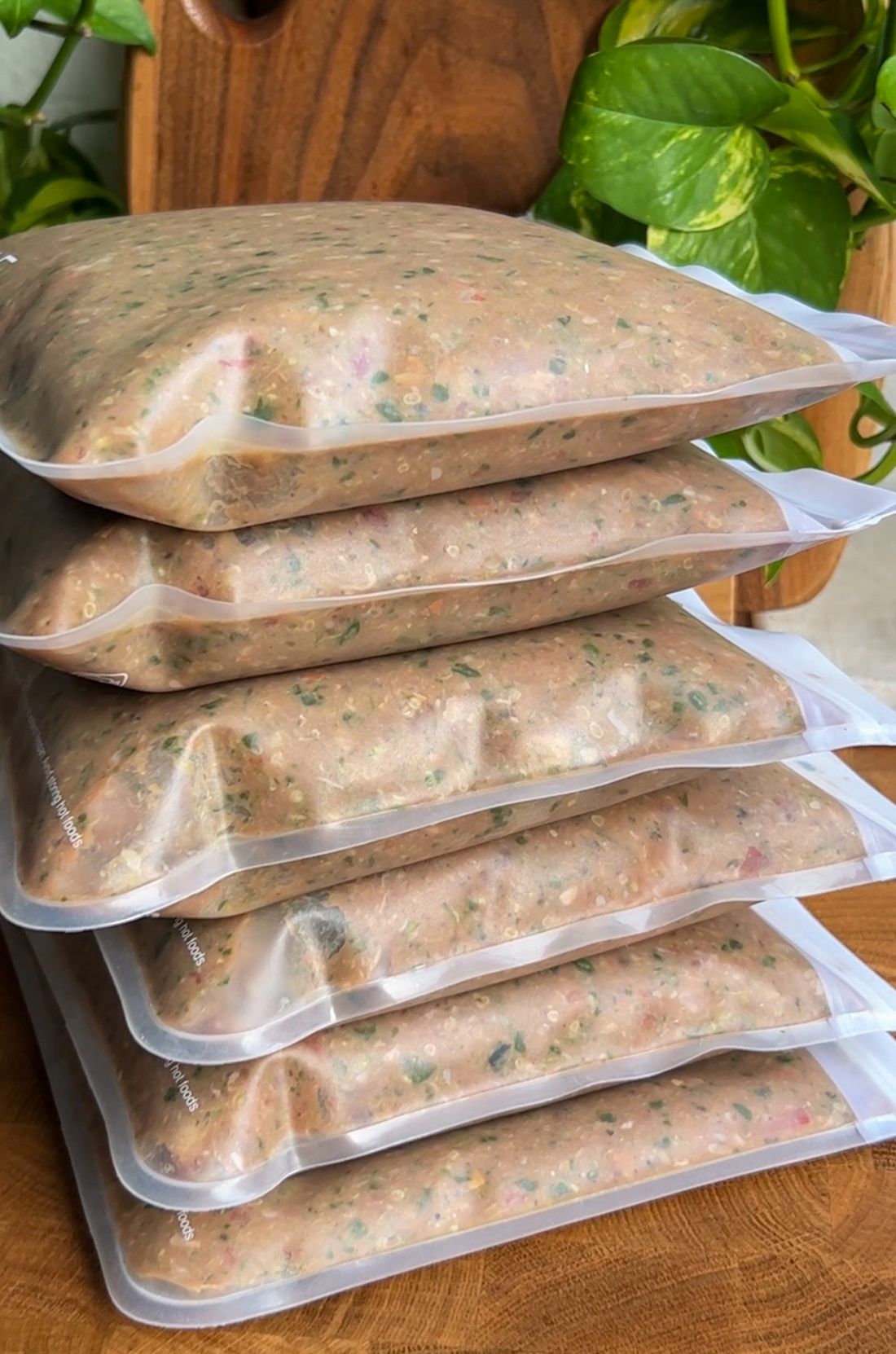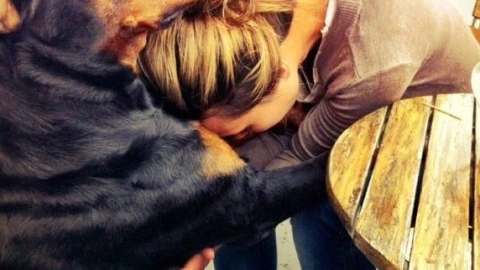Dog / Detail
Spoiling Our Canine Companions: A Pawsitively Perplexing Problem
Jonathan Bennet | 10 August 2024 | 16:05
The adage of dogs being man’s best friend is a well-worn cliché, yet it rings truer than ever. So this is a familiar scene: the family is gathered around the dinner table, enjoying a hearty meal, while a pair of expectant eyes stares up from the floor. Our canine companions, with their endearingly hopeful expressions, have mastered the art of the puppy dog pout, making it almost impossible to resist sharing our culinary delights.
And our canine companions have become integral members of our families, often treated with the same love, care, and, let’s be honest, indulgence as human children. One area where this is particularly evident is in our dietary habits.

While it may be tempting to offer our dogs scraps from our plates or even prepare them their own version of our meals, it's essential to consider the potential consequences.
Human Food: A Canine Conundrum
Many human foods are simply unsuitable for dogs. Some ingredients, such as chocolate, onions, garlic, and grapes, can be toxic to our canine companions.
Even seemingly innocuous foods like avocado and excessive amounts of salt can cause health problems. Overindulgence in fatty or rich foods can lead to pancreatitis, a painful and potentially life-threatening condition.

Excess weight can put significant strain on their joints, leading to conditions like arthritis. It can also increase the risk of developing diabetes, heart disease, and other serious health issues.
Beyond the physical health risks, there are behavioural implications to consider.
When dogs become accustomed to begging for food or expecting treats at mealtimes, it can lead to persistent begging and potentially aggressive behaviour if their demands are not met. It can also create a power dynamic where the dog believes they are in control of the feeding situation.

So, what's the answer? How can we satisfy our dogs' desires without compromising their health or behaviour?
The key lies in providing a balanced and nutritious diet specifically formulated for dogs. There are a wide range of high-quality dog foods available, catering to different breeds, ages, and dietary needs.
It's important to establish a consistent feeding routine. Regular mealtimes help to regulate a dog's digestive system and prevent begging behaviour. Portion control is also crucial.
Overfeeding can lead to obesity, so it's essential to follow the feeding guidelines on the dog food packaging.

Treats can be used as positive reinforcement during training or simply to show affection.
However, it's important to choose treats carefully and to limit their intake. There are plenty of healthy and low-calorie options available, such as dental chews, training treats, and freeze-dried meat.
While it may be tempting to share our food with our furry friends, it's essential to prioritise their health and well-being.
By providing a balanced diet, establishing a consistent feeding routine, and offering appropriate treats, we can ensure that our dogs are happy, healthy, and well-behaved.
Related
-

The Healing Power of Dogs: How Canine Therapy is Revolutionizing Mental Health and Boosting Positive Energy in Humans
Dog14 November 2024
-

A Pawsitive History: Dogs of Nuremberg
Dog09 November 2024
-

The Role of Oxytocin in the Human-Dog Bond: The Science Behind Our Deep Connection
Dog06 November 2024
-

Beyond the Beach: Jamaica's Dog Lovers
Dog29 October 2024
-

A Dog's Delights: Homemade Snacks for Our Furry Babies, Recipes Included!
Dog29 October 2024
-

A Dog's Disorientation: Understanding Your Dogs' Wanderlust
Dog29 October 2024
Popular
-

-

A Pawsitive History: Dogs of Nuremberg
09 November 2024 -

-

Beyond the Beach: Jamaica's Dog Lovers
29 October 2024 -
